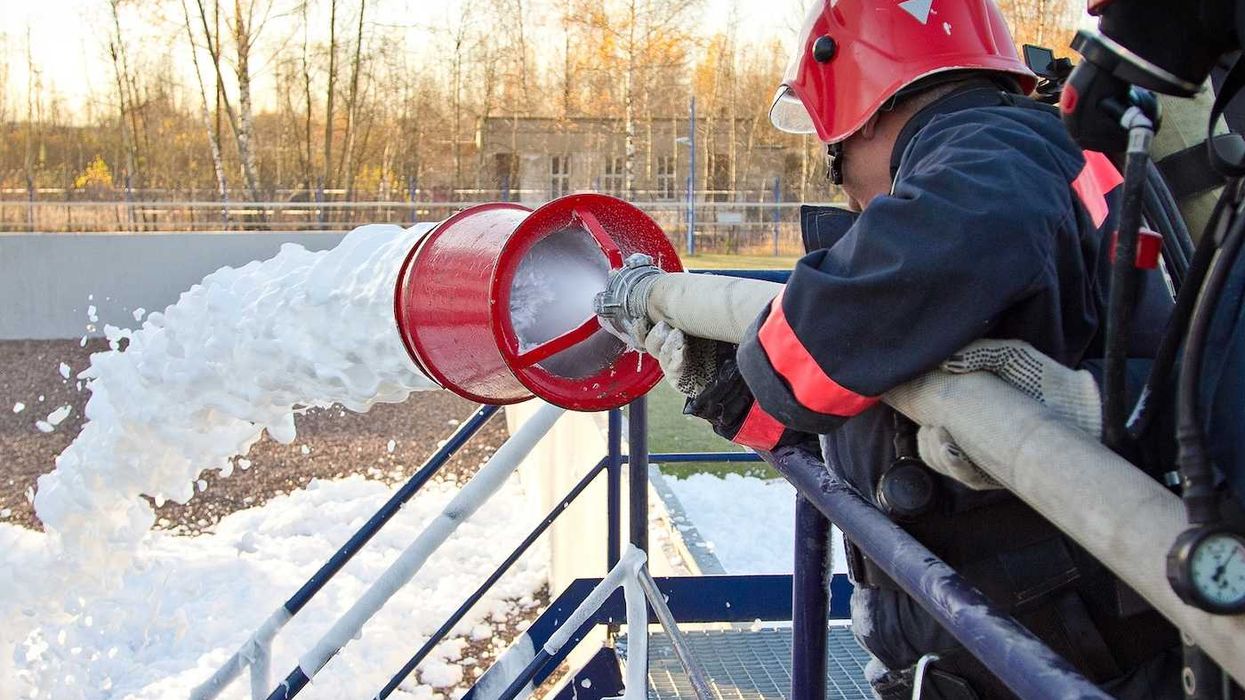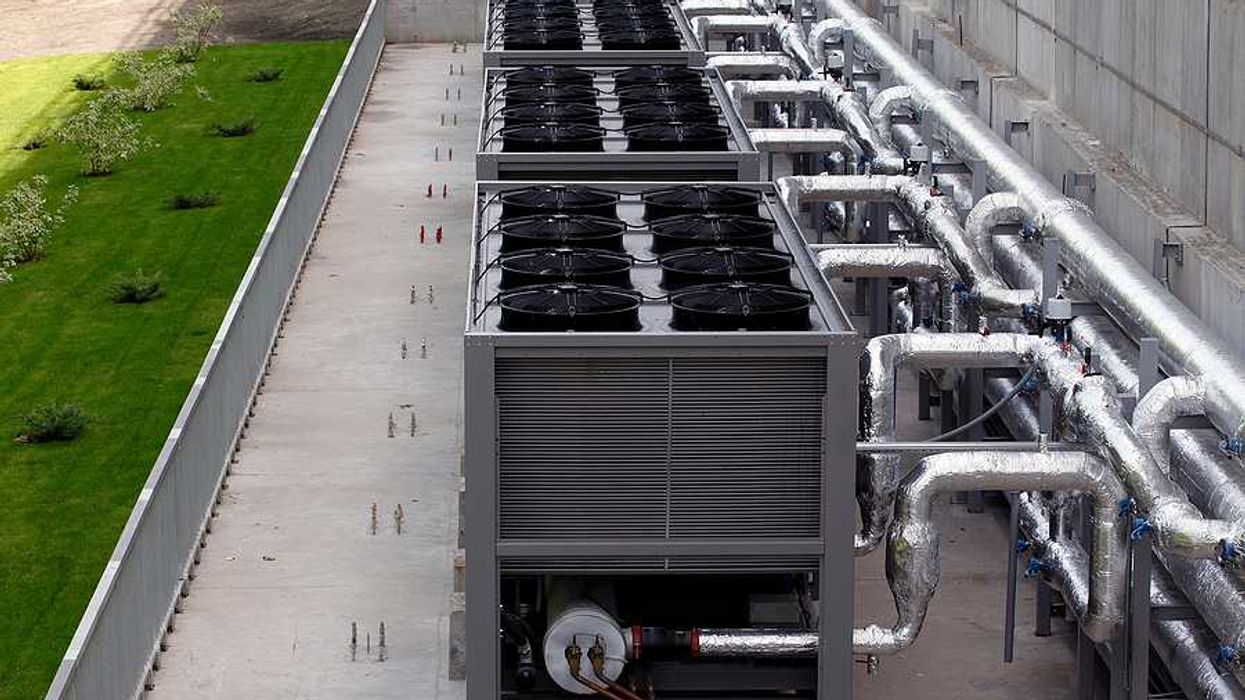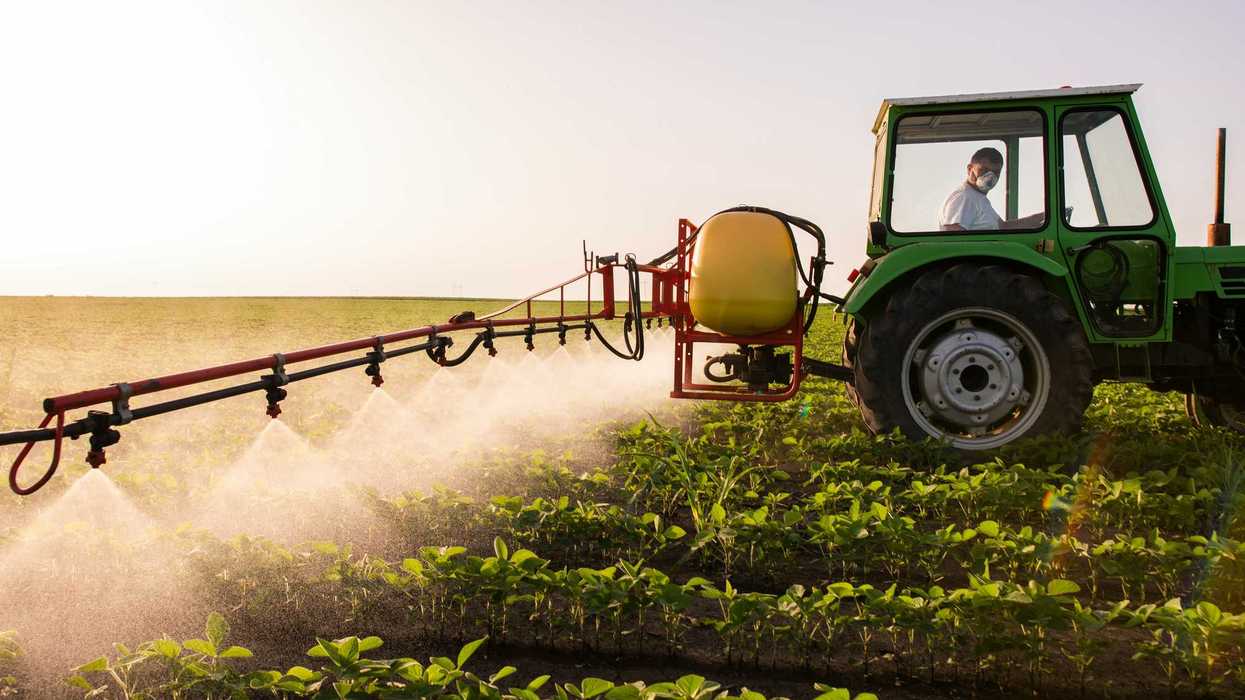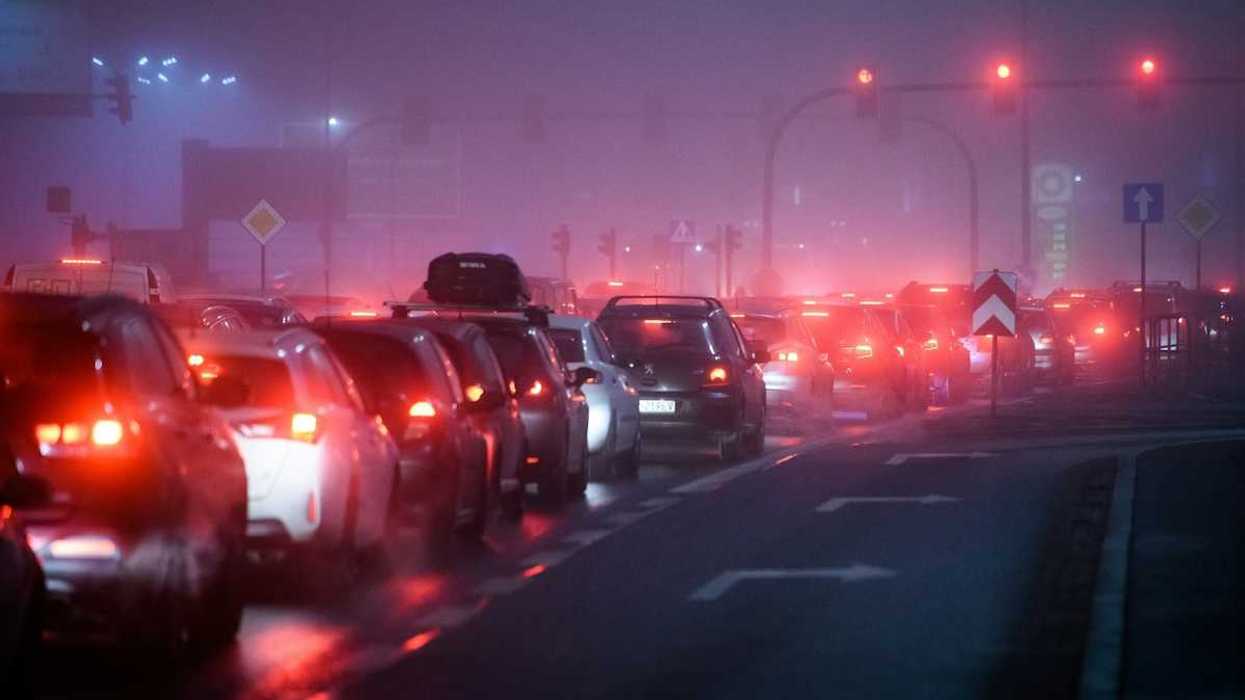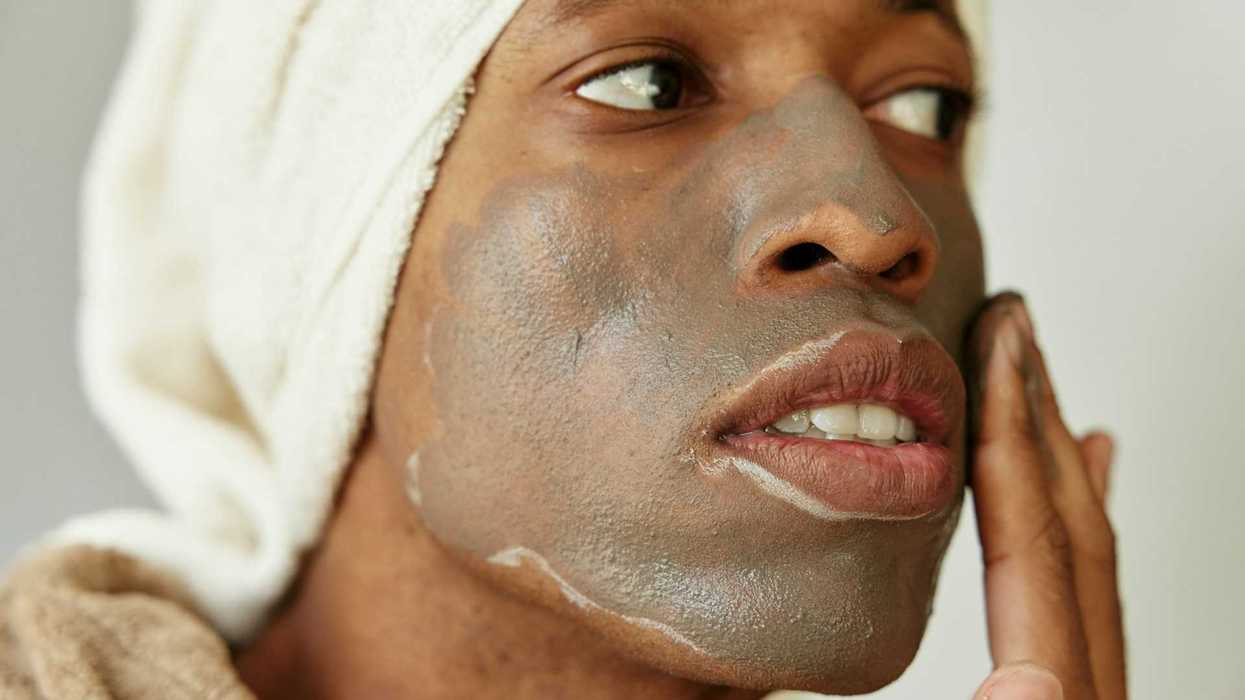Three environmental groups are suing Belgium for permitting the use of pesticides they claim violate EU regulations and pose significant health risks.
Ellen O'Regan reports for The Brussels Times.
In short:
- Three NGOs allege Belgium illegally authorized pesticides with toxic ingredients, including abamectin, used beyond EU-regulated conditions.
- The NGOs argue Belgium's broader definition of "protected cultivation" permits unsafe pesticide use in non-sealed environments.
- A 2023 report noted Belgium's high pesticide usage despite EU restrictions, highlighting ongoing environmental and health concerns.
Key quote:
“Belgium has created its own directive on the subject, under the term 'protected cultivation', contenting itself with walls and a roof, like a single-storey tunnel, allowing materials and energy to infiltrate through windows, entrances or the ground. This option taken by Belgium of ‘cultivation under protection’ contradicts European requirements.”
— Virginie Pissoort, campaigns officer, Nature et Progrès Belgique
Why this matters:
One of the central claims in the lawsuit is that Belgium has allowed the continued use of these pesticides despite mounting scientific evidence highlighting their risks. This legal battle is not just about the safety of pesticides, but also about the issue of how countries balance agricultural productivity with environmental sustainability. The outcome of this lawsuit could set a precedent for how EU regulations are enforced and could lead to stricter controls on pesticide use across the continent.
Related EHN coverage:




